1. Which of the following fields does not have a Nobel Prize?
- Nobel Prize in Physiology or Medicine0%
- Nobel Prize in Chemistry0%
- Nobel Prize in Mathematics0%
- Nobel Prize in Physics0%
The Nobel Prize is an international award announced annually since 1901, to honor achievements in the fields of: Physics, Chemistry, Medicine, Literature and Peace . The Nobel Peace Prize can be awarded to individuals or organizations.
In 1968, the Bank of Sweden added the Economics Prize to commemorate scientist Alfred Nobel - the founder of this award system.
Mathematics is not on the list of Nobel prizes.
2. Why did Alfred Nobel not establish the Nobel Prize in Mathematics?
- Because he doesn't like math.0%
- Because he was jealous of a mathematician0%
- Because he thought that mathematics was not “directly useful to mankind”0%
- Due to not finding a suitable judging panel yet0%
One legend holds that Alfred Nobel did not establish a prize in Mathematics because “his wife had an affair with a mathematician.” However, this rumor is false, as Nobel never married.
A more plausible reason is that he believes that Mathematics does not bring “practical benefits to mankind”, so it is not included in the prize list. To date, despite many proposals, Nobel still does not have a category for Mathematics (and recently, Computer Science ).
3. Which family is considered to have won the most Nobel Prizes in the history of science?
- Einstein family0%
- The Curie family0%
- The Bohr family0%
- The Thomson family0%
The Curie family is the world's most Nobel Prize-winning family, with 5 awards in 3 different fields.
Marie Curie received two Nobel Prizes: Physics (1903) with her husband Pierre Curie, and Chemistry (1911) for the discovery of the radioactive elements radium and polonium.
Daughter Irène Joliot-Curie and husband Frédéric Joliot-Curie won the Nobel Prize in Chemistry in 1935 for discovering artificial radioactivity.
Son-in-law Henry Richardson Labouisse, Director of UNICEF, was the organization's representative to receive the Nobel Peace Prize in 1965.
Over two generations, the Curie family had 5 out of 6 members winning Nobel Prizes, becoming the most famous family in the history of world science.
4. What special action did Albert Einstein take regarding his Nobel Prize when he divorced in 1919?
- He declared that he would never accept the Nobel Prize.0%
- He promised to give all his future Nobel Prize money to his ex-wife - even though she had not yet won the prize.0%
- He donated all his Nobel Prize money to a charity.0%
- He used his Nobel Prize money to establish a physics research foundation in his name.0%
When they divorced in 1919, Albert Einstein promised to give all of his future Nobel Prize money to his wife, Mileva Maric - even though he had not yet won the prize.
Two years later, when he won the Nobel Prize in Physics in 1921, Einstein kept his promise and transferred the entire amount to Maric, giving her and her children a stable financial source.
5. Has a Nobel medal ever been auctioned?
- Correct0%
- Wrong0%
The Nobel Prize has not only academic value but also huge economic value.
After his death in 2013, the family of Francis Crick - who, along with James Watson and Maurice Wilkins, discovered the structure of DNA - auctioned his Nobel medal to pay off tax debts, raising more than $2 million.
In 2014, James Watson also auctioned his Nobel medal, raising nearly 4.8 million USD. What is special is that the buyer later returned the medal to him as a respectful gesture.
6. What will the 2025 Nobel Prize winner receive?
- A medal and certificate of honor0%
- A gold medal, a diploma and 11 million Swedish krona0%
- A certificate and $500,000 in prize money0%
- Honorary title only, no prize money0%
According to The New York Times , each 2025 laureate will receive:
A certificate of recognition
A Nobel gold medal
And the document confirms the amount of the prize - 11 million Swedish krona, or about $1.17 million.
Source: https://vietnamnet.vn/gia-dinh-nao-dat-nhieu-giai-nobel-nhat-trong-lich-su-khoa-hoc-2451359.html








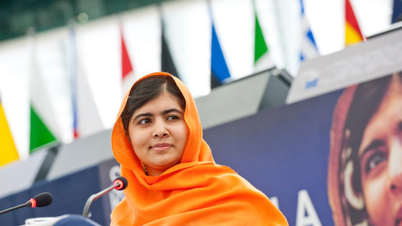
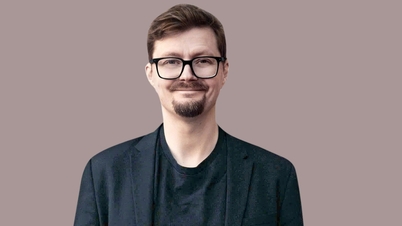

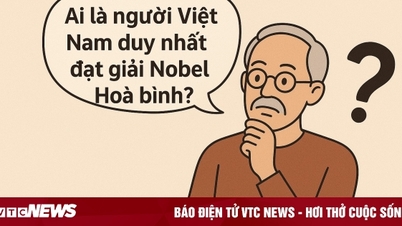

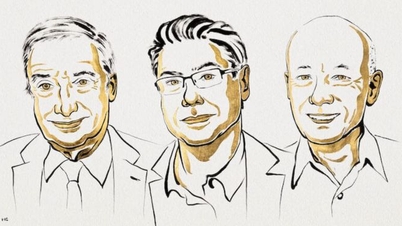

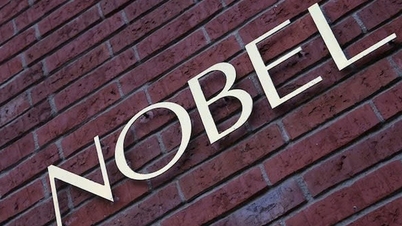



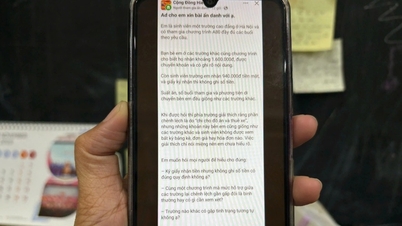

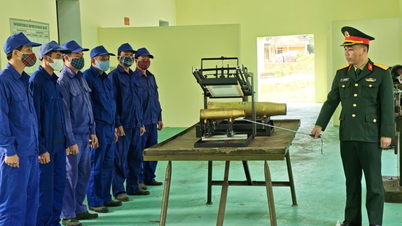













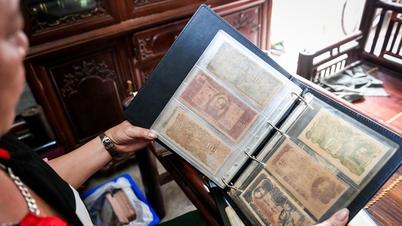

































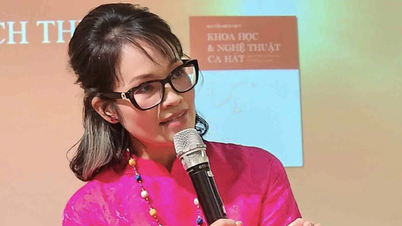


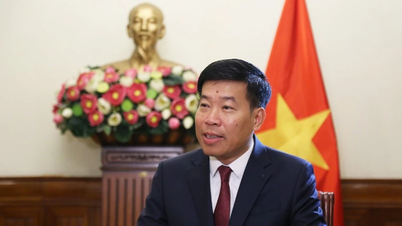


















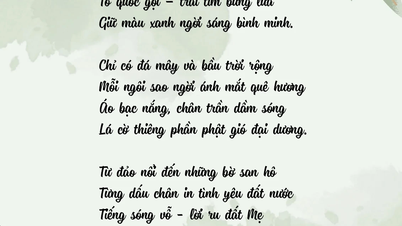













Comment (0)